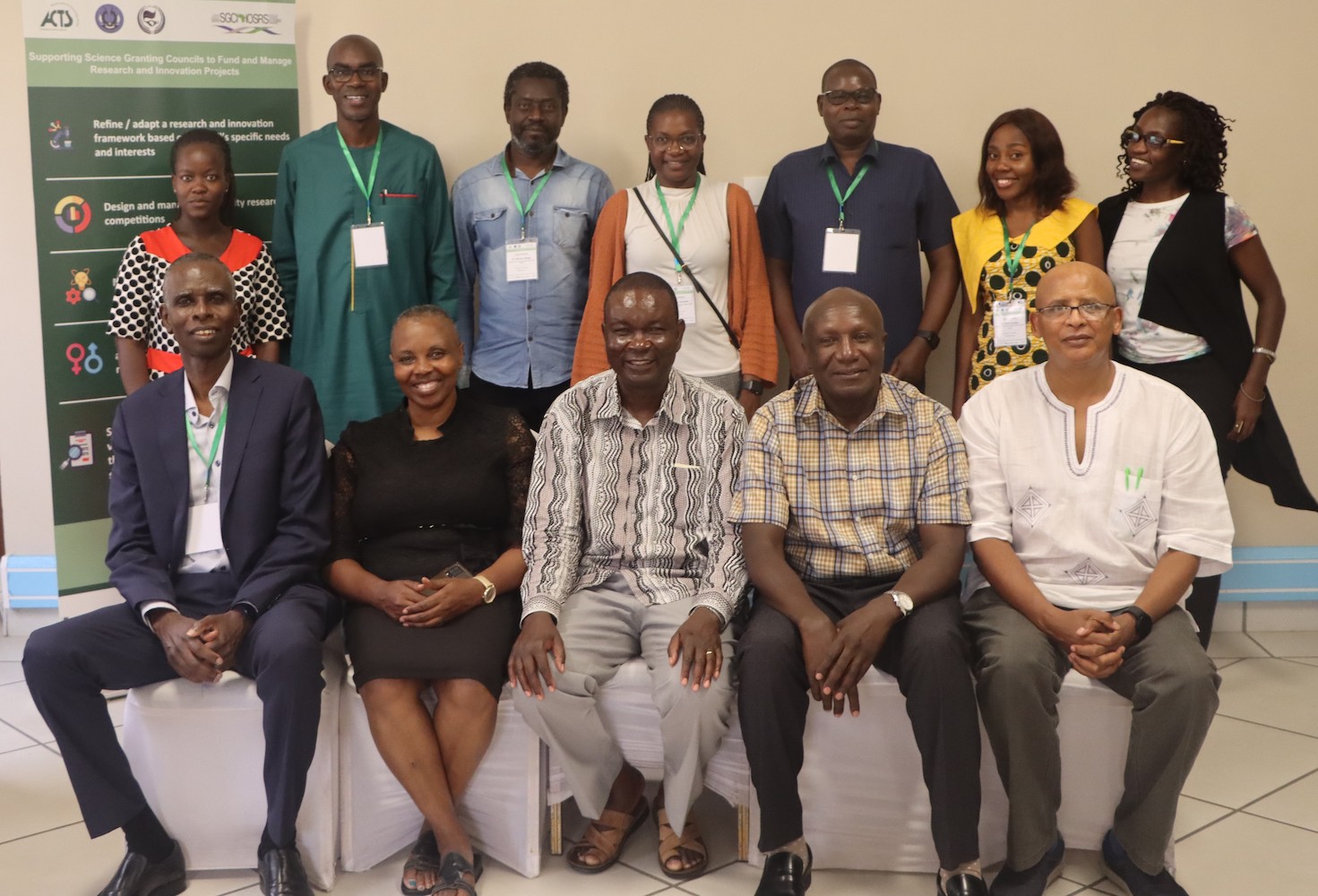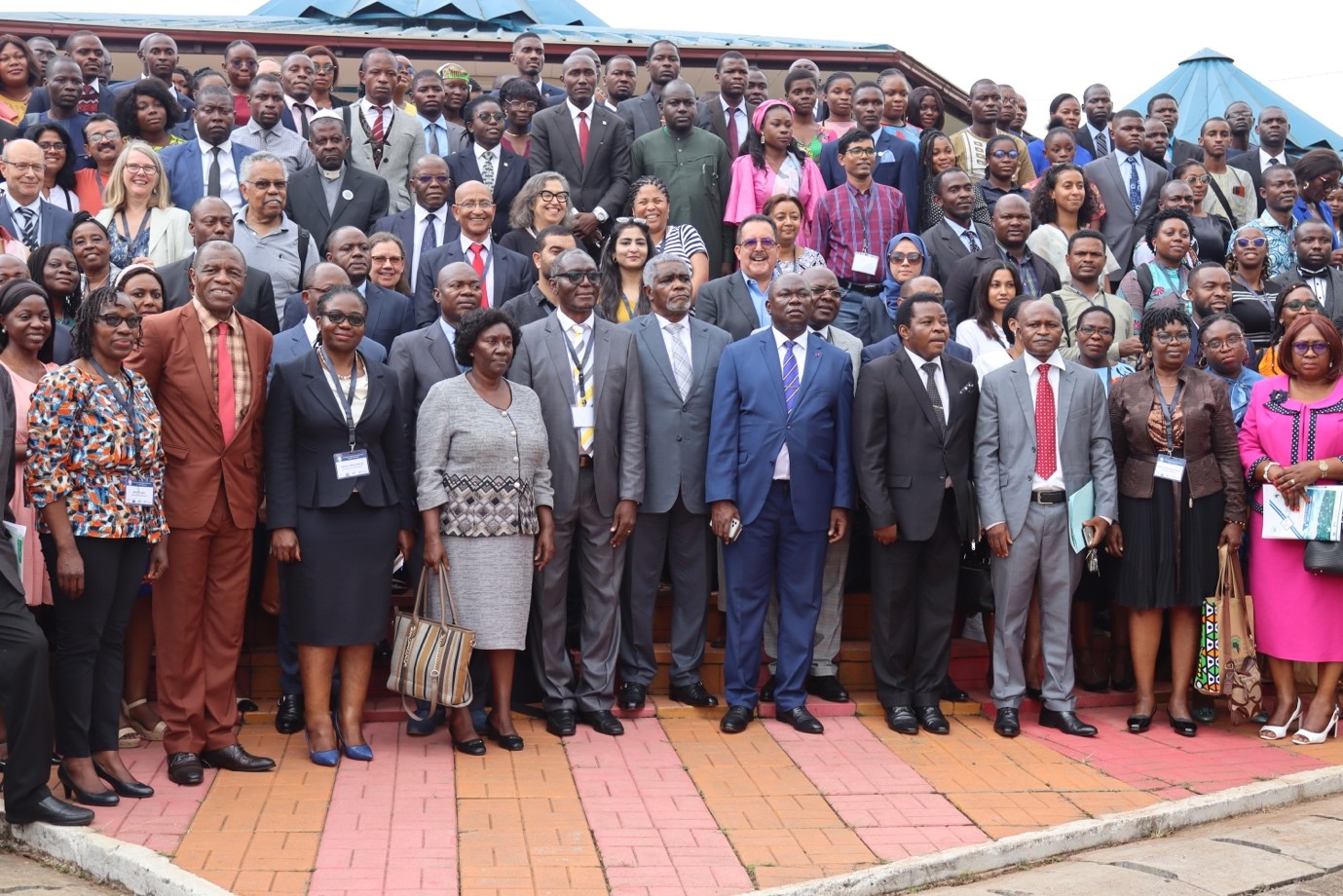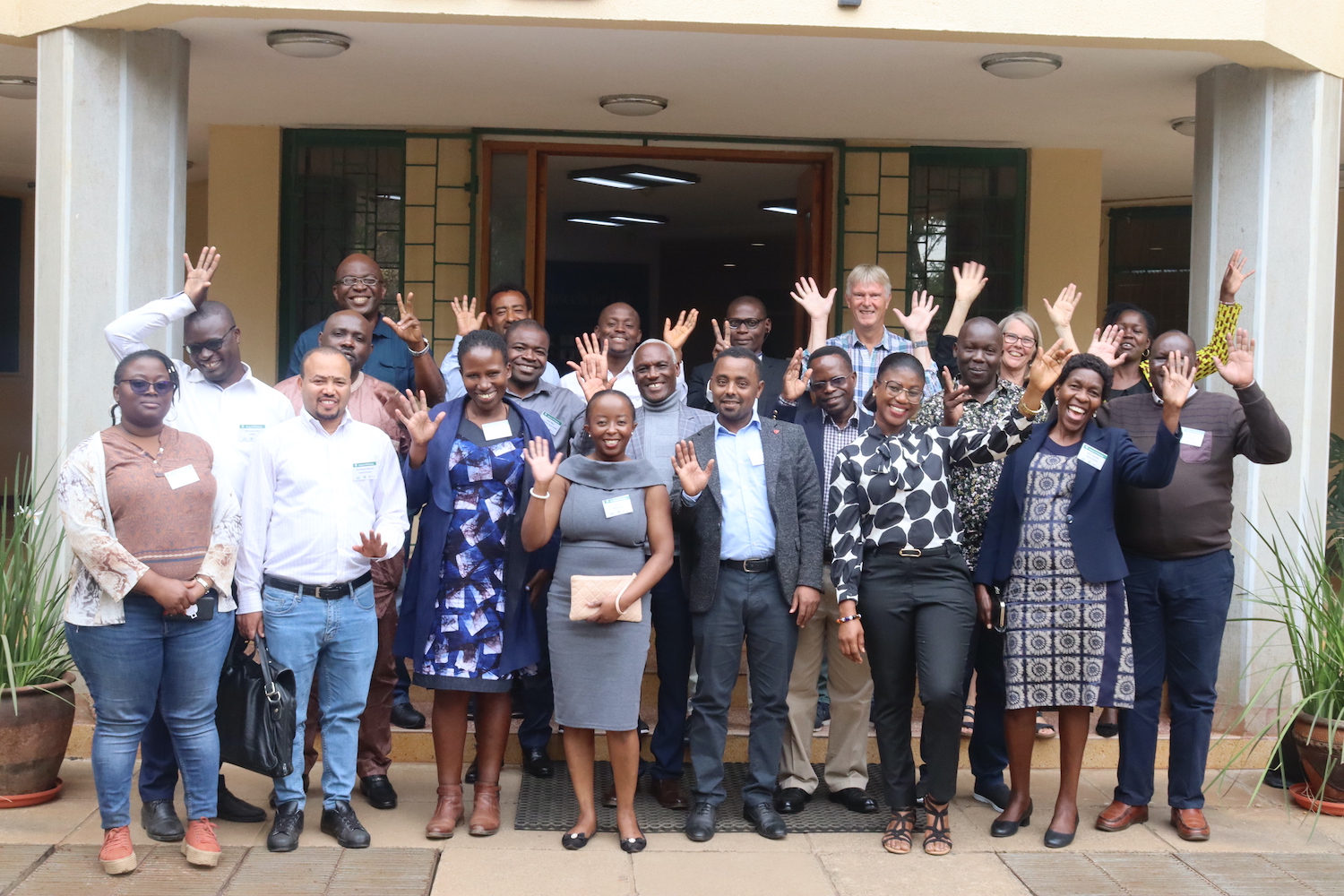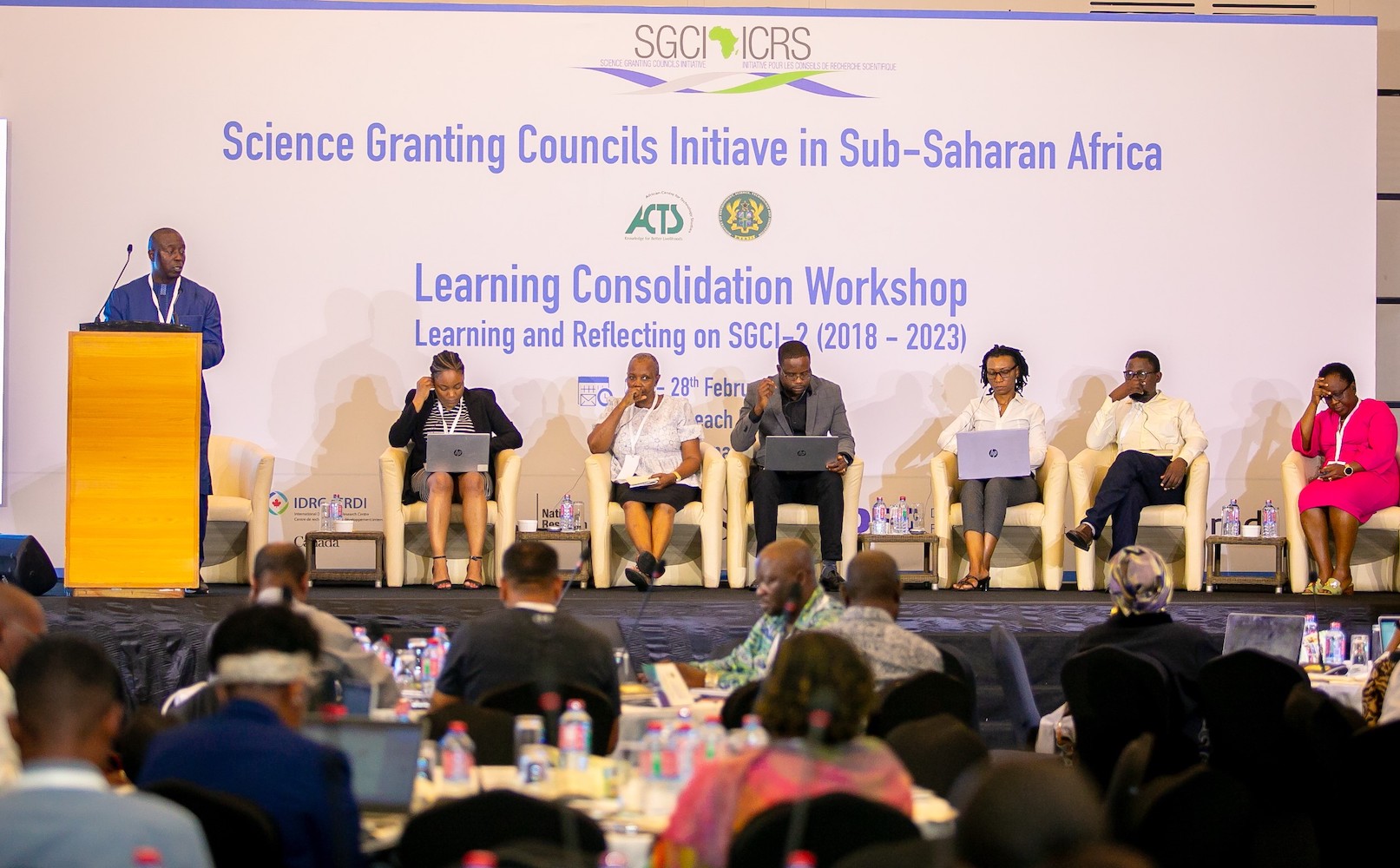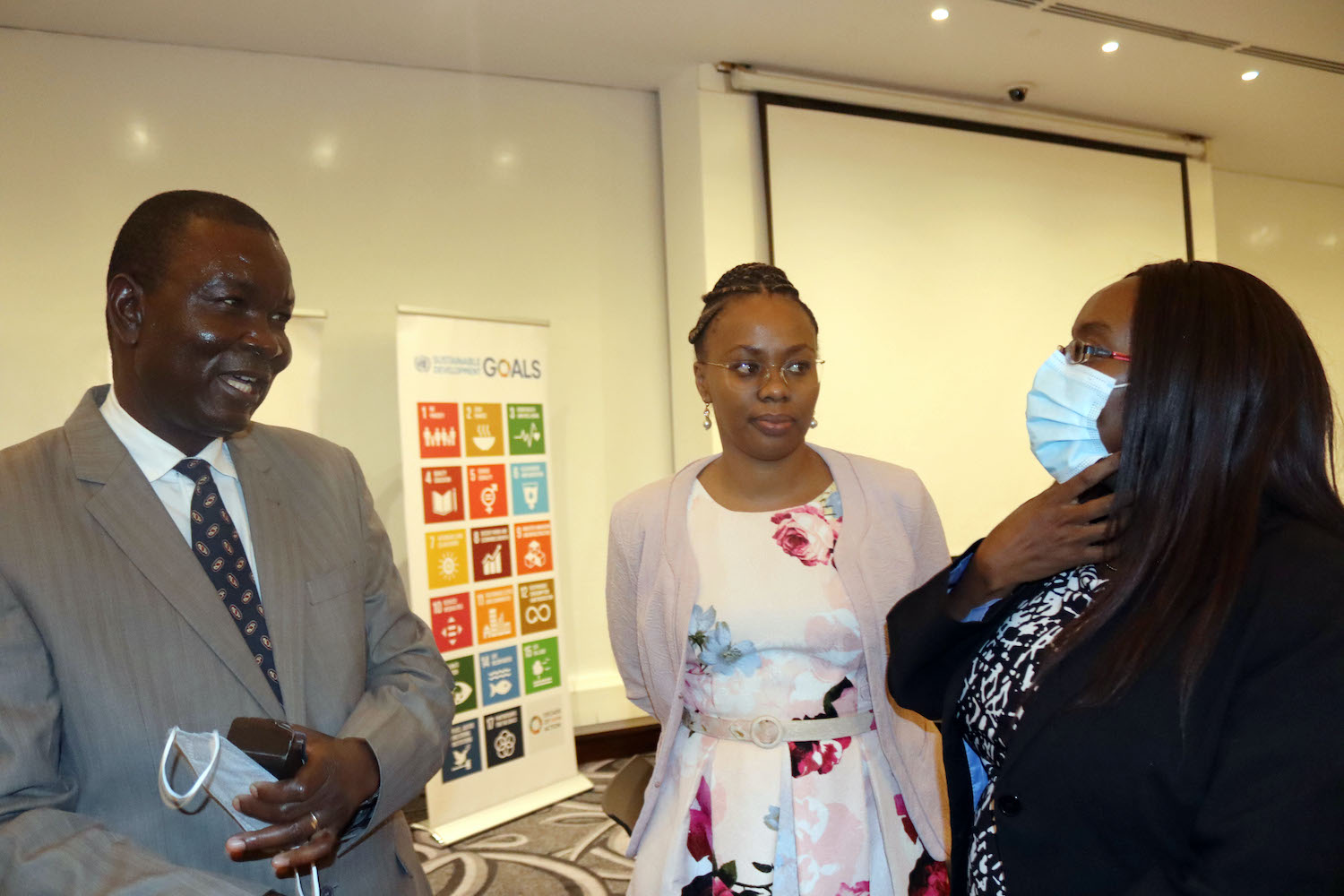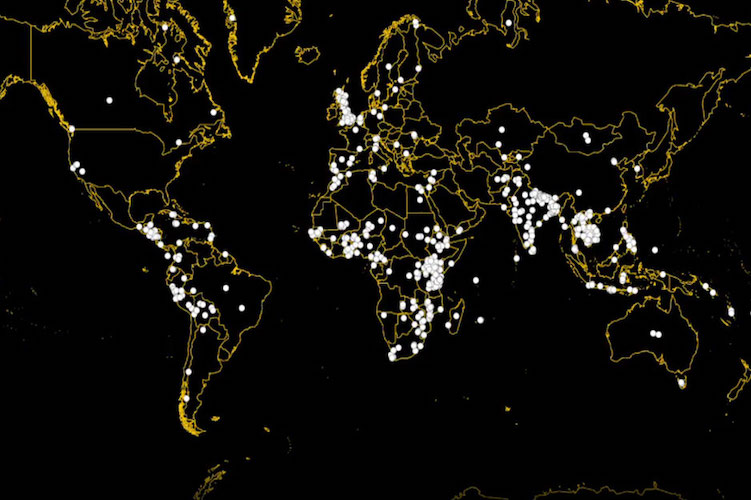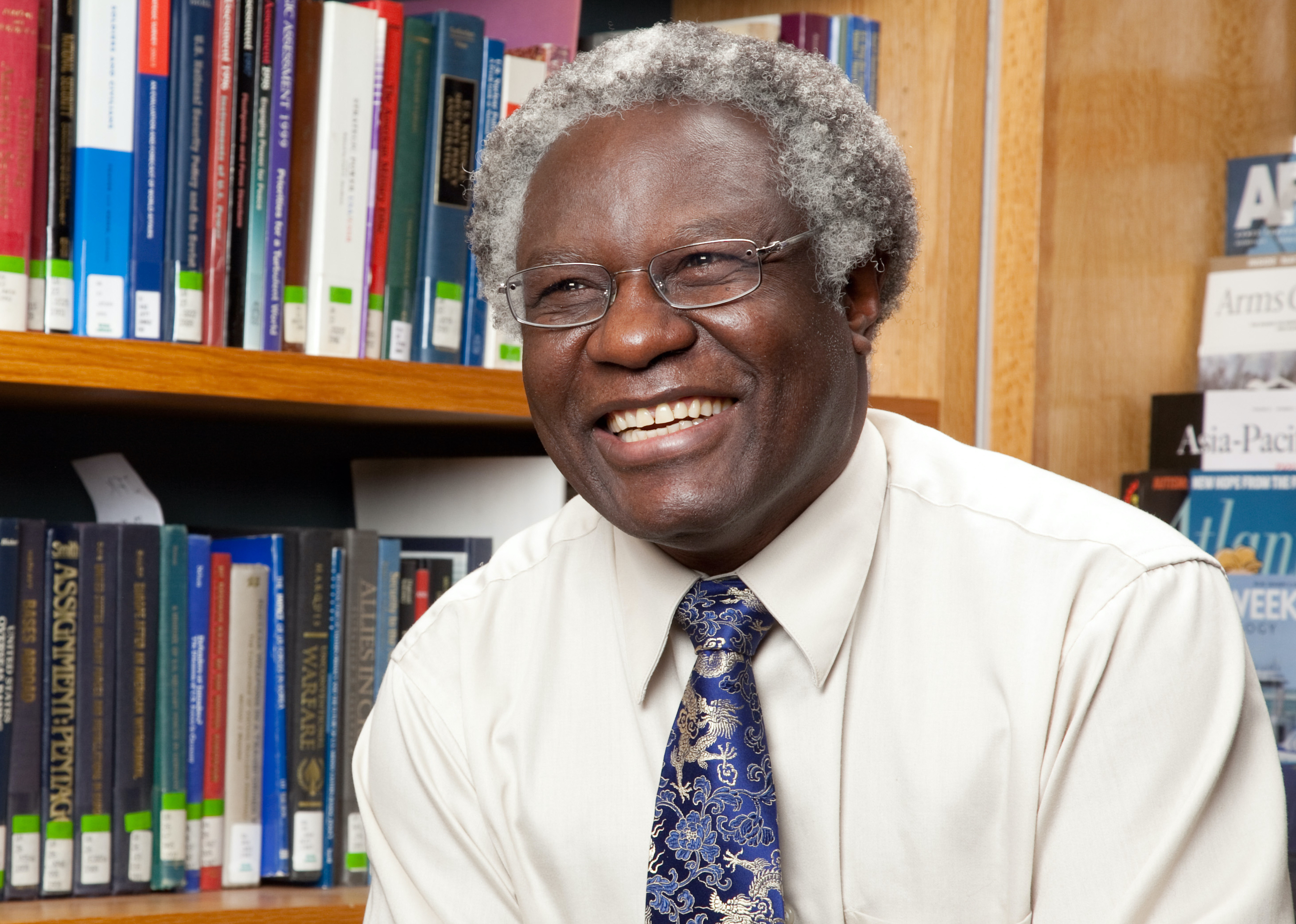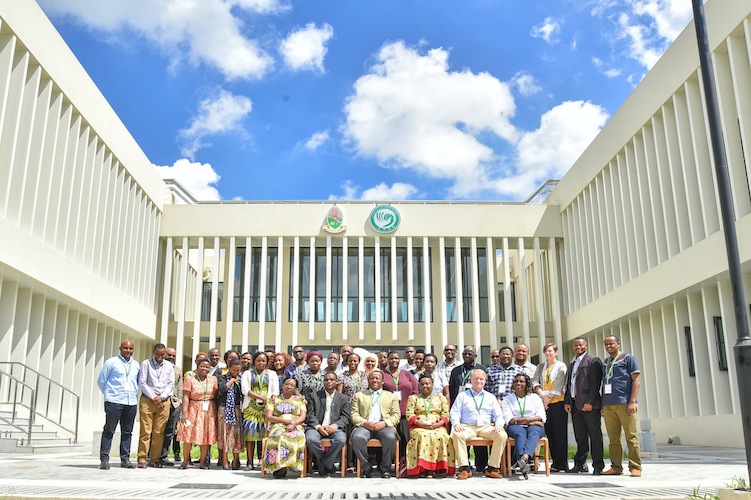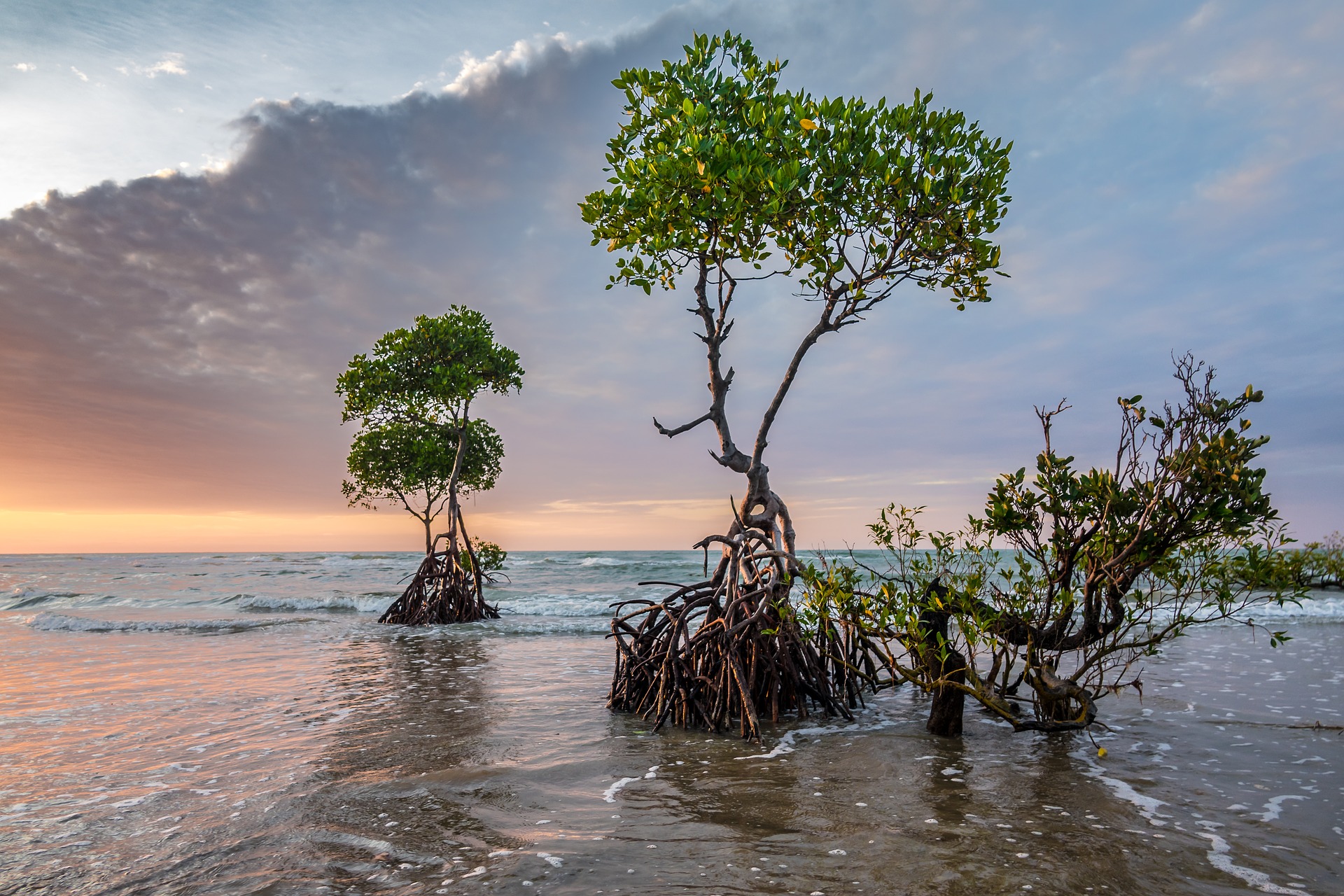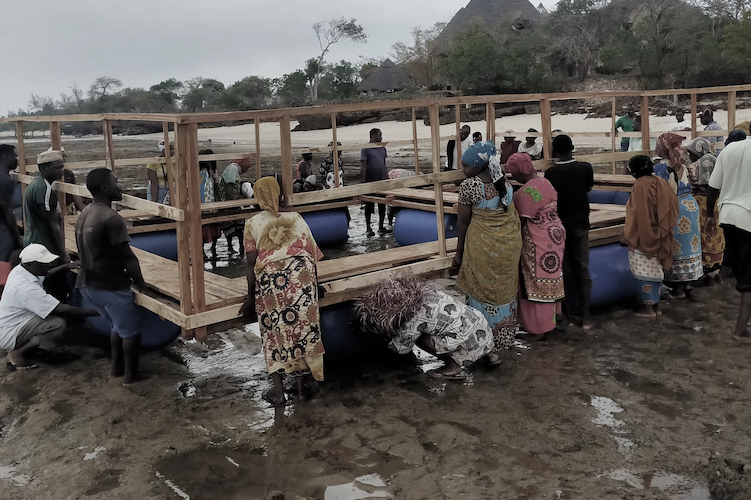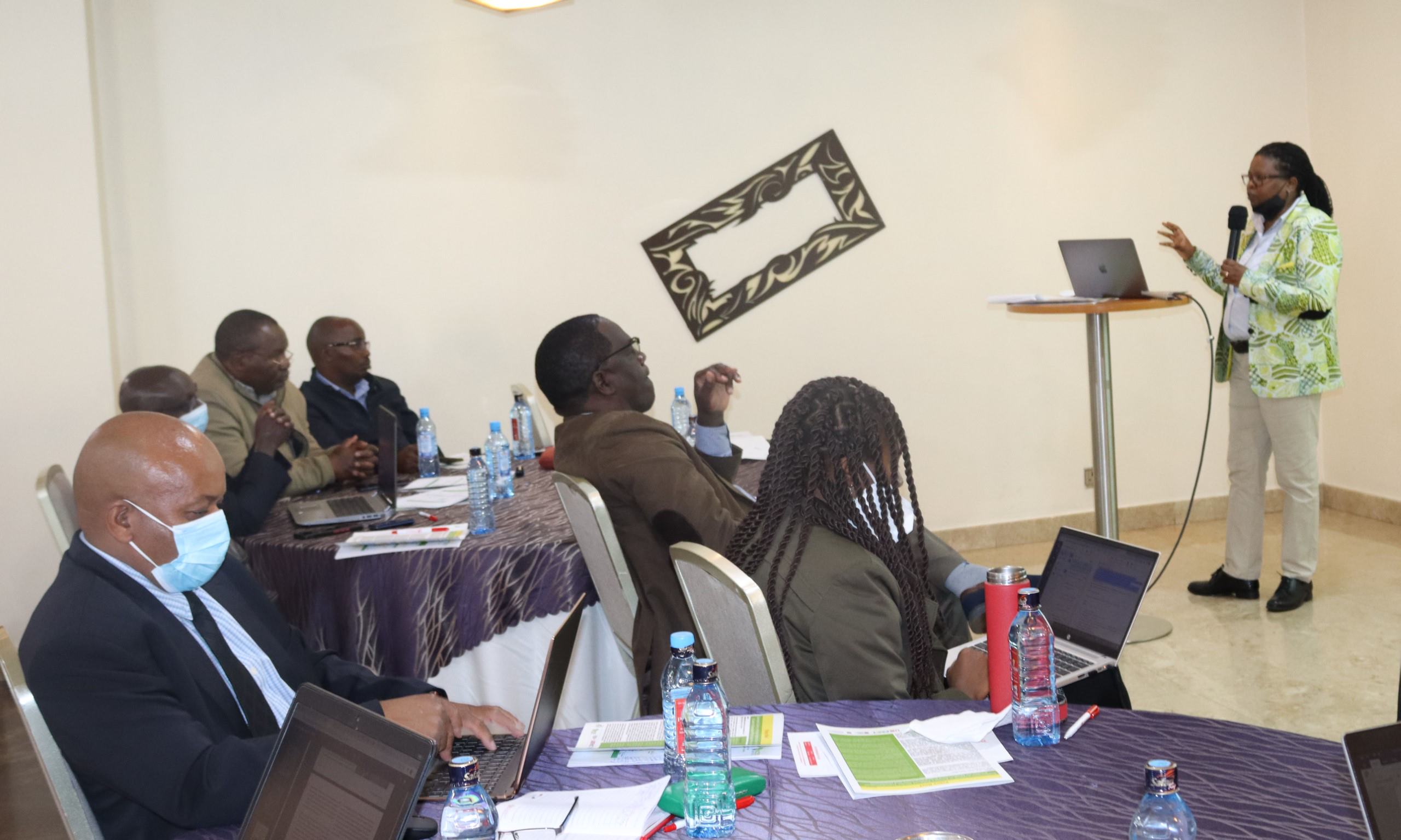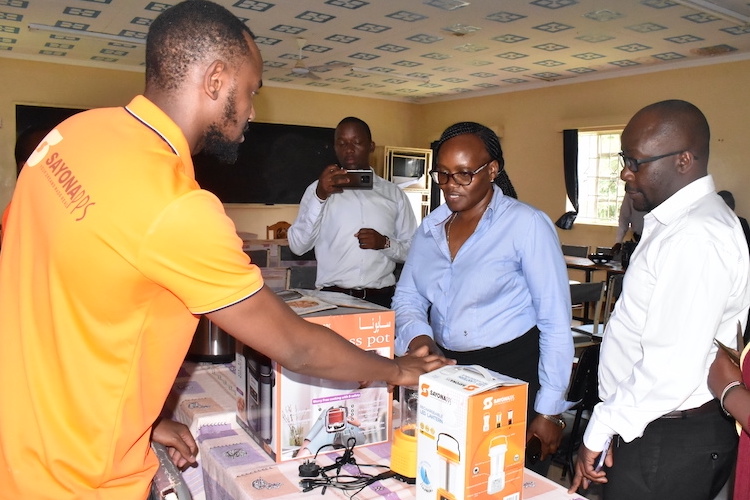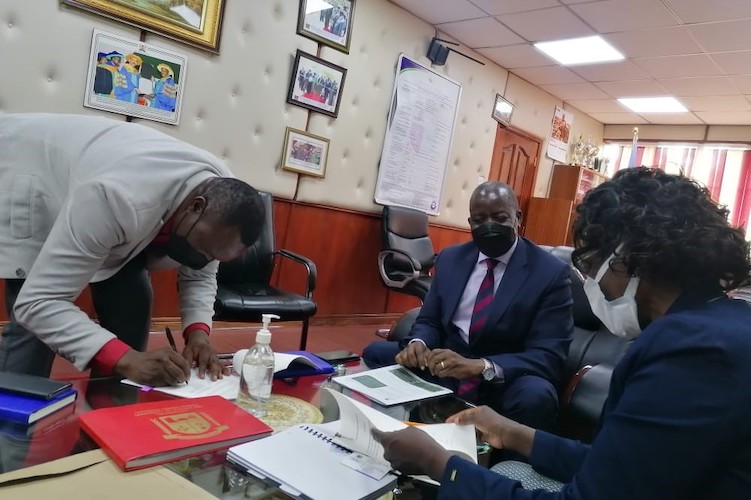ACTS Executive Director, Prof. Tom Ogada, implored AI4D Africa scholars to focus on completion of their PhD studies and strive to generate new knowledge on AI and ML to address key socio-economic challenges facing the continent.
- +254 710 607 210
- info@acts-net.org
- Mon - Fri 8:00 AM - 17:00 PM
News
The conference provided a platform for early career researchers to develop their presentation and networking skills while building collaborative relationships with other researchers.
The 2023 cohort will get the opportunity to participate in a one-year fellowship programme combining online activities with a study period of 3 months at the University of Johannesburg, South Africa.
The workshop was meant to provide an opportunity for the Science Granting Councils (SGC), collaborative technical agencies (CTAs) and relevant stakeholders to share experiences and lessons learnt from the activities of SGCI-2.
The webinar series that commenced in June 2022 bring together a diverse pool of scholars from all over the world and culminated in a summer school held in Egerton University from 21st -27th October 2022
Dr Joel Onyango, reflects on the trip that aimed to enhance partnerships and staff exchanges within the Africa UniNet network of research institutions and universities in Austria and Africa.
ACTS is at the centre of an initiative that seeks to strengthen the capacity for trans-disciplinary research in Africa.
According to a recent survey conducted by ACTS, Eastern Africa is leading in the adoption and deployment of digital agricultural technologies in the continent.
ACTS has begun implementing a new programme to support Science Granting Councils (SGCs) in managing research and innovation projects in Africa.
The African Centre for Technology Studies (ACTS) believes that research, capacity building and policy incentives are key drivers of knowledge creation, dissemination and application.
The NGO source’s Equivalency Determination (ED) completed their analysis and was able to certify ACTS as equivalent to a Certified Public Charity.
ACTS will support the development of a cadre of Africa-centred researchers, analysts and policy makers on STI, knowledge and society, knowledge utilisation, technology transfer, intellectual property, STI roadmaps for SDGs and evaluation of the impact of STI on the development of African countries.
The 4th CJ seminar will be held virtually from September 20th to 22nd, 2022. It will focus on how to accelerate climate action and build resilient economies.
ACTS is calling for contributions to facilitate the ACTS Summer School 2022 scheduled to run between Friday 21st - Saturday 29th October 2022.
Policymakers in Africa will soon have a new framework to guide them in formulating, implementing, monitoring and evaluating policy interventions.
The building blocks of this strategy have already been laid out in form of a comprehensive mapping study that paves way for structured interventions intended to catalyse conversion of innovative ideas and start-ups into commercially viable enterprises.
The 3rd Calestous Juma seminar focused on exploring how AI and ML solutions can be deployed to accelerate realization of SDGs in Africa.
The research initiative - Valorise - will focus on finding efficient ways through which organic wastes resulting from dairy production processes can easily be converted into useful products.
ACTS is set to launch a new research project to explore novel ways of managing water resources in river basins and wetlands in Kenya.
PhD students under the Vising Fellowship Programme (VFP) converged in Nairobi for a five-day workshop held from 22nd to 26th August 2022.
The second cohort of 9 Artificial Intelligence for Development in Africa (AI4D Africa) scholarship programme are now on board. This brings the total number of scholars in the programme to 30, including 16 who joined in the first cohort.
The AfricaLics PhD Academy provides an opportunity for PhD students enrolled at African universities who work in the field of innovation and development studies to gain more knowledge of this burgeoning field, meet leading academics and receive feedback on their PhD studies.
Partners have established regional e-cooking hubs in Nakuru, Kitui, Makueni, and Kisumu to catalyse electric cooking adoption through the local champions.
The IMTA technology involves building special cages along pre-identified areas of the ocean which will allow women to cultivate seaweed and also rear fish in the same system.
The Centre is working closely with government agencies, development partners and the private sector to accelerate transition to inclusive sustainable and resilient cold-chains by tapping into clean energy options and refrigeration.
The African Centre for Technology Studies (ACTS) is subtly shifting Africa’s research-policy-practice paradigm in science, technology and innovation (STI).
ACTS is set to unveil a new strategic plan for the period 2022-2026. This is the seventh strategic plan (2022-2026) which builds on the achievements and lessons learned from the sixth strategic plan (2019-2021).
Traversing economic, agricultural and health sectors, Artificial Intelligence (AI) based solutions are redefining how we diagnose and solve common and pervasive challenges across the continent.
ACTS, the national host of the Modern Cooking Services (MECS) in Kenya, has begun setting up regional clean cooking hubs in the country. The Kitui and Nakuru hubs have already been launched while those in Makueni and Kisumu will be launched by early June 2022.
ACTS has signed a Memorandum of Understanding (MoU) with Jaramogi Oginga Odinga University of Science and Technology (JOOUST) to host the Visiting Fellowship Programme (VFP) under the AfricaLics project. The MoU was signed on 9th February 2022 at JOOUST main campus, Bondo, Siaya County.
ACTS is part of a team implementing the first agrivoltaic system in East Africa, which is set to pioneer a unique agricultural concept that focuses on co-utilisation of land for agricultural production, solar energy and water harvesting.
The project will profile and document gender responsive challenges and opportunities for commercial and sustainable adoption of fish-seaweeds for economic development of coastal fisher communities.
Contact us


